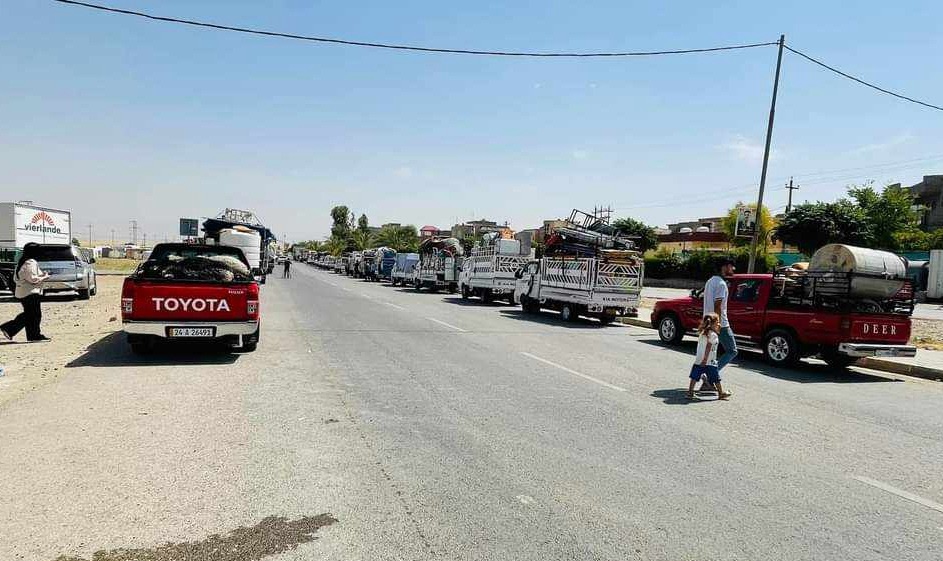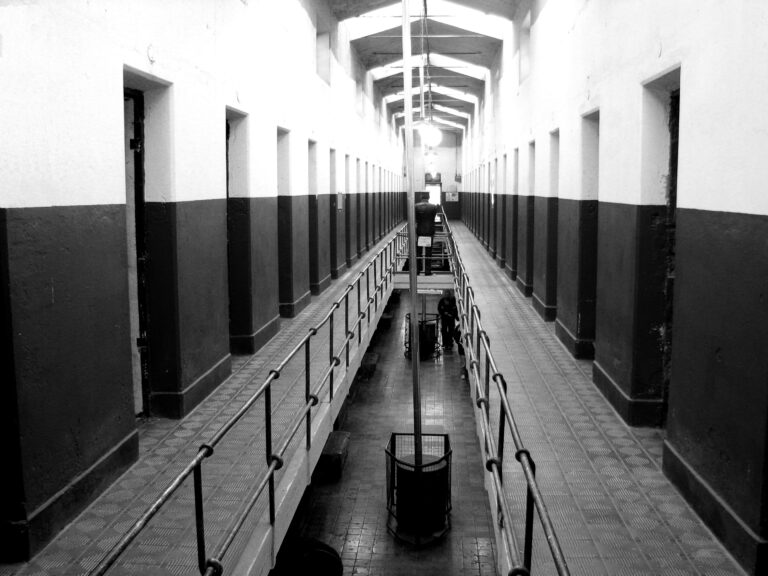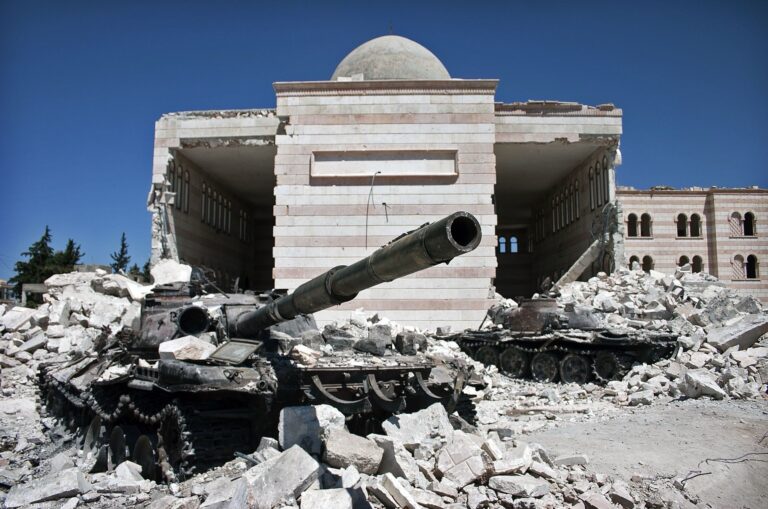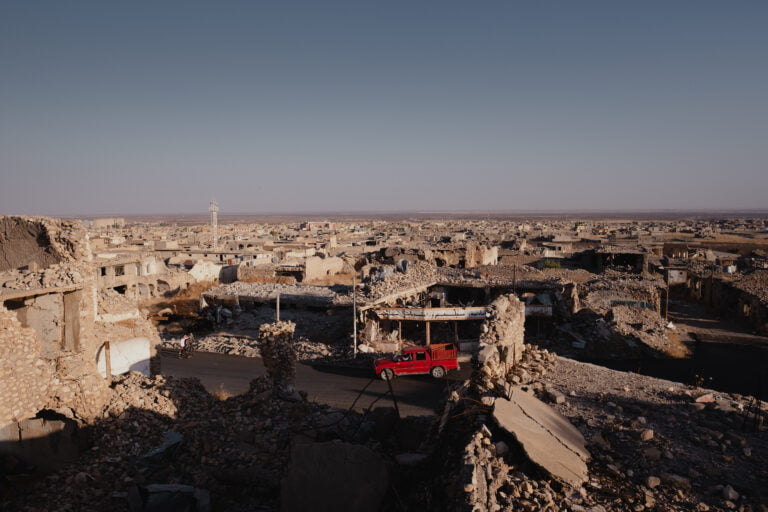Despite government initiatives to facilitate the return of displaced Ezidis from Shengal, around 800 families have returned to camps in Duhok after attempting to resettle in their destroyed villages. Returns from Shengal had increased since early 2024, encouraged by financial support, promises of household goods, and employment opportunities.
However, most returnees faced severe challenges, including lack of electricity, health services, jobs, and basic infrastructure. Security instability and administrative gaps, such as unrecognized local authorities and armed groups, have further hindered sustainable resettlement. Many families were forced to leave their homes and return to camps to access essential services and complete official procedures.
By mid-2025, over 1000 families had returned to Shengal through international programs, receiving financial and relocation support. Yet the Iraqi government suspended further returns in July 2024 pending agreements with regional authorities, leaving tens of thousands of displaced Ezidis still living in camps in Duhok.
The situation shows that without security, services, and stable governance, returning home remains unattainable for displaced Ezidi families.








